The single most important domestic policy decision that the Conservatives must take is what to do about public spending. After the snap election went so wrong last year, many Tories rushed to blame ‘austerity’. Gavin Barwell, now Theresa May’s chief of staff, said this was one of the principal reasons he had lost his Croydon Central seat. Even the Chancellor, Philip Hammond, admitted that the public was weary of the long slog to balance the books.
This belief — that the public has had enough of austerity — explains why the Tories aren’t behaving as governments traditionally do. Normally, they make tough fiscal choices in the early years of a parliament in the hope of being able to increase spending or cut taxes, preferably both, as election day approaches. Instead, the Conservatives are already loosening the purse strings. On Tuesday, in his low-key spring statement, Philip Hammond said that if the economy continued to outperform expectations, then there would be even more money available for public services.
But better-than-expected growth alone won’t provide the level of extra revenue most Tories believe is now needed for public services, and the NHS in particular. There is now a strikingly broad consensus in the party that the health service needs substantially more cash. Even Jacob Rees-Mogg, the driest of those tipped for the Tory leadership, is campaigning for that.
There are three reasons for this consensus. First, the Vote Leave pledge to spend the £350 million a week the UK ‘sends to Brussels’ on ‘our priorities such as the NHS’ has turned Tory Brexiteers into advocates for increased health spending. They want the extra money to show that the promises made during the referendum campaign are being honoured — and because that campaign taught them just how potent this offer was. The second is that this winter has persuaded nearly all Tories that the NHS is operating at close to capacity. Lastly, the Tories know that Labour wants to campaign on the NHS more than any other issue at the next election, so they need a spending settlement that is a shield against opposition attacks. That means it must be one that the NHS management will publicly support. The Tories might not think they can win an election on health but they know that — in the words of one senior No. 10 figure — they can’t fight a campaign when it is still a ‘gaping wound’. Many Tories point to how their commitment to fund NHS chief executive Simon Stevens’s five-year plan made health far less of an issue in the 2015 election than it otherwise would have been.
How to get more money into the NHS? Well, I understand that No. 10 is becoming increasingly keen on the idea of a 1p hike in National Insurance to fund extra health spending. The idea is for the government to promise that all of the £4.9 billion this raises would go to the health service. I am told that thinking about this approach is now sufficiently advanced that Tory MPs are being discreetly sounded out over it.
Strategists in the party believe that this would give them a story to tell about the funding of public services. They also think it would remind voters that you can’t have substantially more spent on health, and the rest, without paying more in tax. This would draw a clear contrast with Jeremy Corbyn and John McDonnell’s promises of more for nearly every public service without ever making it clear where the cash would come from other than business, the rich and clamping down on tax avoidance.
There is a precedent. In 2002, Gordon Brown did the same thing, increasing National Insurance to pay for extra NHS spending. At the time it was regarded as a big political gamble: New Labour was risking its reputation as a party that did not raise direct taxation. But the move turned out to be popular. A 1p rise in National Insurance to pay for extra NHS spending would fit with the Tory rhetoric about a ‘balanced approach’. The party’s argument would be that they put up your taxes a little to spend a bit more on key services, while Labour would ‘take it too far’, to quote the preferred Tory attack line, and end up having to hugely hike tax rates.
There are problems with this approach. The tax burden is already on course to rise to its highest level in 40 years, according to the Institute for Fiscal Studies. If the Tories layer extra tax rises on top of this, it really could start to have a negative effect on growth. Indeed, if extra spending on the NHS is to be paid for by increased taxation, it suggests that the government doesn’t see room for spending cuts elsewhere. This is worrying, given that there is as strong a case for increasing defence spending as there is for health.
The Salisbury attack has served as a reminder that the UK faces threats from nation states as well as non-state actors. This means that our military and intelligence services must be equipped to deal with two very distinct types of challenges — an inherently costly exercise. There is also a strong case for a ‘strategic surge’ after Brexit to show that Britain has not, as its critics contend, turned inwards.
The other worry is that hypothecation (specific taxes for specific spending commitments) rarely works, because no government can bind its successors. After all, National Insurance was initially meant to pay for a handful of contributory benefits rather than being another form of general taxation. Today’s hypothecated rise in NI could all too easily turn into tomorrow’s overall increase in the tax burden.
Ultimately, this country needs to decide what kind of economy it wants post-Brexit. It is, obviously, not politically viable or even desirable to try to turn the United Kingdom into Singapore West. But an ever-increasing tax burden isn’t healthy either.
The UK should be aiming to become a more dynamic and lower-taxed economy than its European neighbours. Combine that with the jettisoning of the precautionary principle in science and technology and a commitment to an open, free trading economy and one can see how Brexit can be a success. There is a good case for more money for the NHS. But it must not come at the cost of all fiscal restraint.
Got something to add? Join the discussion and comment below.
Get 10 issues for just $10
Subscribe to The Spectator Australia today for the next 10 magazine issues, plus full online access, for just $10.
You might disagree with half of it, but you’ll enjoy reading all of it. Try your first month for free, then just $2 a week for the remainder of your first year.



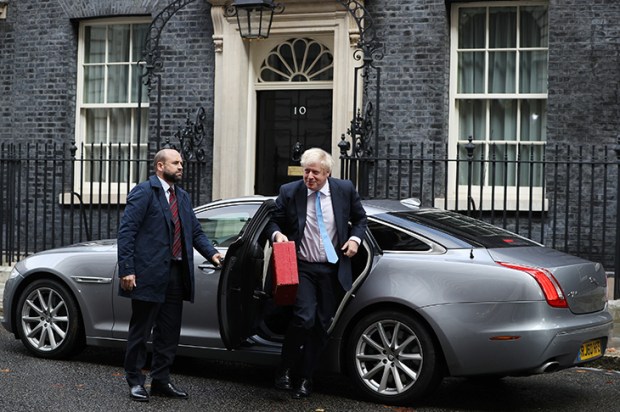
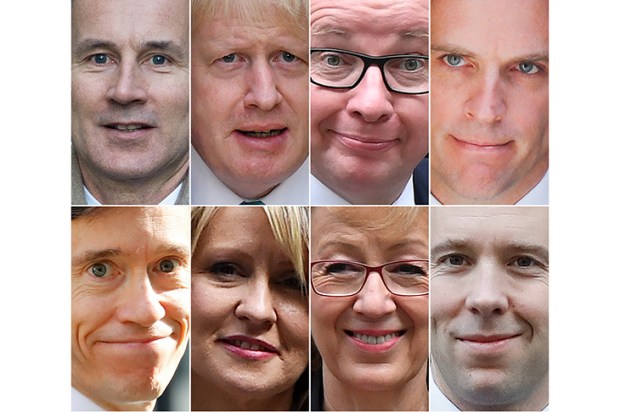

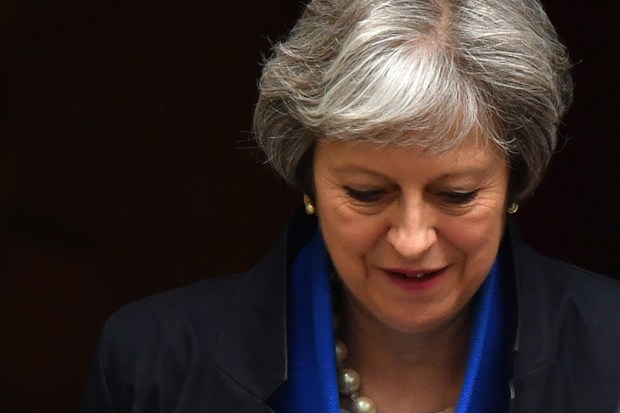
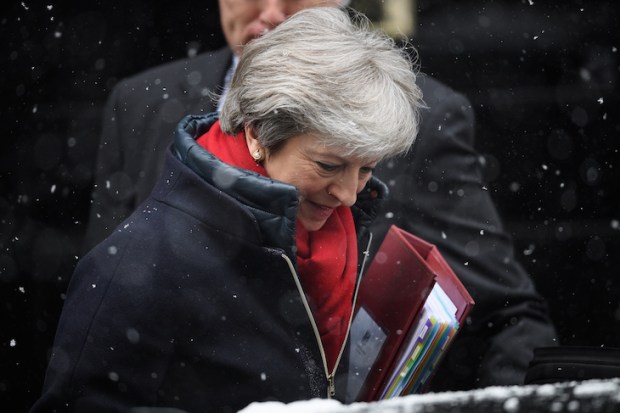
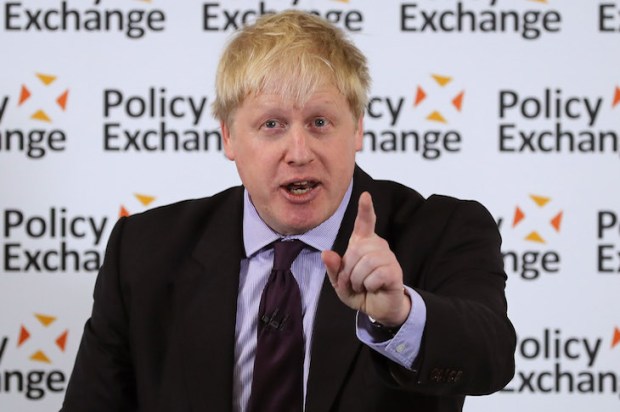






Comments
Don't miss out
Join the conversation with other Spectator Australia readers. Subscribe to leave a comment.
SUBSCRIBEAlready a subscriber? Log in